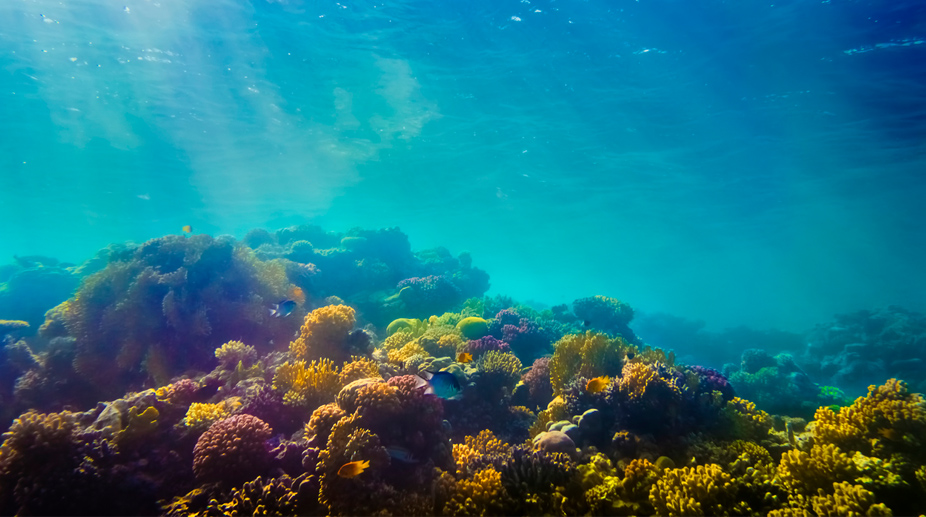There were startling colours here just a year ago, a dazzling array of life beneath the waves. Now this Maldivian reef is dead, killed by the stress of rising ocean temperatures.
What's left is a haunting expanse of grey, a scene repeated in reefs across the globe in what has fast become a full-blown ecological catastrophe.
Advertisement
The world has lost roughly half its coral reefs in the last 30 years. Scientists are now scrambling to ensure that at least a fraction of these unique ecosystems survives beyond the next three decades. The health of the planet depends on it: Coral reefs support a quarter of all marine species, as well as half a billion people around the world.
"This isn't something that's going to happen 100 years from now. We're losing them right now," said marine biologist Julia Baum of Canada's University of Victoria. "We're losing them really quickly, much more quickly than I think any of us ever could have imagined."
Even if the world could halt global warming now, scientists still expect that more than 90 per cent of corals will die by 2050. Without drastic intervention, we risk losing them all.
"To lose coral reefs is to fundamentally undermine the health of a very large proportion of the human race," said Ruth Gates, director of the Hawaii Institute of Marine Biology.
Coral reefs produce some of the oxygen we breathe. Often described as underwater rainforests, they populate a tiny fraction of the ocean but provide habitats for one in four marine species. Reefs also form crucial barriers protecting coastlines from the full force of storms.
They provide billions of dollars in revenue from tourism, fishing and other commerce, and are used in medical research for cures to diseases including cancer, arthritis and bacterial or viral infections.
"Whether you're living in North America or Europe or Australia, you should be concerned," said biologist Ove Hoegh-Guldberg, director of the Global Change Institute at Australia's University of Queensland. "This is not just some distant dive destination, a holiday destination. This is the fabric of the ecosystem that supports us." And that fabric is being torn apart.
"You couldn't be more dumb … to erode the very thing that life depends on the ecosystem and hope that you'll get away with it," Hoegh-Guldberg said.
Corals are invertebrates, living mostly in tropical waters. They secrete calcium carbonate to build protective skeletons that grow and take on impressive colors, thanks to a symbiotic relationship with algae that live in their tissues and provide them with energy.
But corals are sensitive to temperature fluctuations, and are suffering from rising ocean temperatures and acidification, as well as from overfishing, pollution, coastal development and agricultural runoff.











